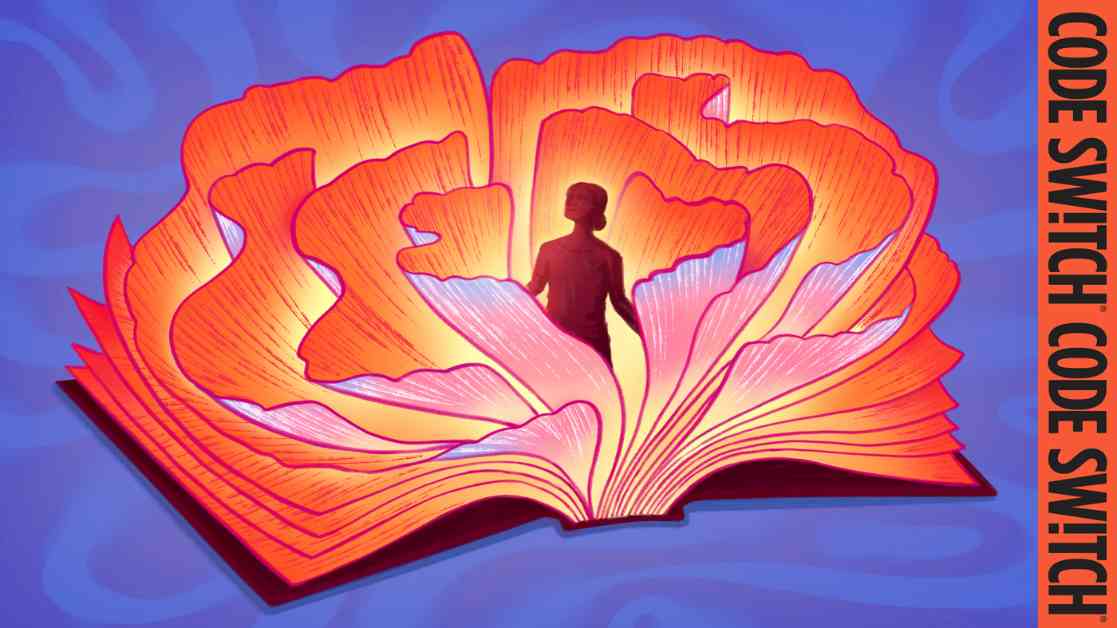Book bans have been a controversial topic, especially when it comes to Indigenous literature. While some authors may see being banned as a badge of honor, the reality is that most banned books do not receive the same recognition or readership as the classics. In particular, books by underrepresented authors are often disproportionately targeted by bans.
Different authors react to bans in various ways. Hawaiian author Hinaleimoana Wong-Kalu, for example, is not losing sleep over her book, Kapaemahu, being banned in Virginia. On the other hand, scholar Debbie Reese has spent her career correcting misrepresentations of Indigenous people in children’s literature.
In the podcast episode, Reese shares some of her favorite books that provide nuanced and full representations of Indigenous people and stories. In the picture book category, “Forever Cousins” by Laurel Goodluck and illustrated by Jonathan Nelson is highlighted for showing that Native people live in major cities as well as on reservations. “Contenders: Two Native Baseball Players, One World Series” by Traci Sorell is praised for focusing on the lives of two Native baseball players and the racism they faced.
For middle-grade readers, “We Still Belong” by Christine Day is recommended for its portrayal of a Native student navigating her identity in school and within her tribe. “Heroes of the Water Monster” by Brian Young is noted for its portrayal of historical trauma that shaped the Diné people.
In the high school category, “Warrior Girl Unearthed” by Angeline Boulley is described as a gripping novel about a teen who learns about federal laws protecting Native remains. “Rez Ball” by Byron Graves uses basketball as a way for the main character to cope with the death of his brother while incorporating elements of Native life and culture.
Overall, these recommendations shed light on the importance of diverse and accurate representations of Indigenous people in literature. By reading and supporting these books, readers can gain a deeper understanding of Indigenous experiences and histories.



